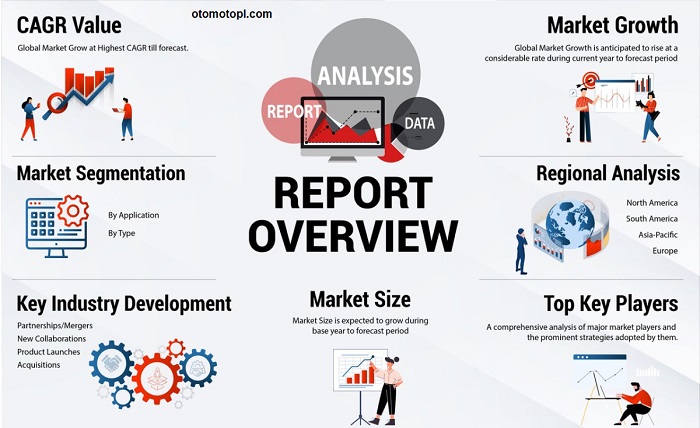The space of business-to-business (B2B) transactions is undergoing a profound transformation. One notable evolution is the emergence of B2B food e-marketplaces, which fundamentally alter how businesses in the food industry operate and interact. Platforms like theFood Vessel offer myriad benefits that not only reshape industry dynamics but also enable businesses to stay put in an increasingly competitive market. So, delve into five key ways these B2B food e-marketplaces are driving change.
1. Streamlined Procurement Processes
One of the most significant advantages of B2B food e-marketplaces is their ability to streamline procurement processes. Traditionally, procuring goods in the industry involved a labyrinth of negotiations, paperwork, and administrative hurdles. However, with the advent of e-marketplaces, these complexities are being replaced by a seamless and efficient procurement experience. They help simplify the entire process by providing a centralized platform for buyers and sellers. Companies can now effortlessly browse through a diverse array of products, compare prices, and place orders with just a few clicks. This streamlined approach saves priceless time and reduces administrative expenses for buyers and sellers, ultimately enhancing operational efficiency.
2. Enhanced Access to Suppliers and Products
Another compelling aspect of these e-marketplaces is their ability to offer companies unparalleled access to a vast network of suppliers and products. In the past, identifying reliable suppliers and sourcing quality products often posed significant challenges for companies in the industry. However, with the advent of these digital platforms, such hurdles are becoming a thing of the past. They provide businesses with a comprehensive directory of trusted suppliers from around the globe. This increased access enables businesses to discover new suppliers, explore innovative products, and diversify their offerings. Moreover, the digital nature of these platforms facilitates faster communication and collaboration between businesses and suppliers, further amplifying the efficiency of the supply chain.
3. Data-Driven Insights
In addition to facilitating transactions, these spaces harness the power of data analytics to provide businesses with best possible insights into market trends and consumer preferences. By leveraging advanced analytics tools, these platforms track purchasing patterns, analyze customer behavior, and extract actionable insights from the endless amounts of data generated. With this knowledge, businesses can easily make better decisions and adapt their strategies accordingly. Whether identifying emerging trends, optimizing inventory management, or tailoring campaigns, data-driven insights empower businesses to stay ahead of the curve.
4. Increased Transparency and Traceability
Transparency and traceability are paramount in the industry, where consumers place a high premium on safety and quality. B2B food e-marketplaces address these concerns by providing end-to-end visibility into the supply chain. Businesses can track every process step in real-time, from sourcing raw materials to delivering finished produce. This enhanced transparency builds trust with consumers and helps businesses mitigate risks and respond swiftly to any issues that may arise. Furthermore, by ensuring compliance with regulatory standards, B2B food e-marketplaces contribute to a safer and more sustainable food supply chain.
5. Facilitated Collaboration and Innovation
Lastly, B2B food e-marketplaces serve as catalysts for collaboration and innovation within the industry. By bringing together buyers, sellers, and other stakeholders on a common platform, these marketplaces create a dynamic ecosystem where ideas can flourish, and partnerships can thrive. Businesses can leverage the collaborative opportunities offered by these platforms to co-create new products, share best practices, and explore synergies. This culture of collaboration fosters a spirit of innovation, driving continuous improvement and propelling the industry forward.
B2B food e-marketplaces are revolutionizing how businesses operate in the food industry. By embracing innovation, collaboration, and transparency, businesses can leverage the power of platforms like Food Vessel to stay competitive in a truly complex and interconnected global market. As the digital revolution continues to unfold, these platforms will undoubtedly play a pivotal role in shaping the future of the food industry.





Great line up. We will be linking to this great article on our site. Keep up the good writing.